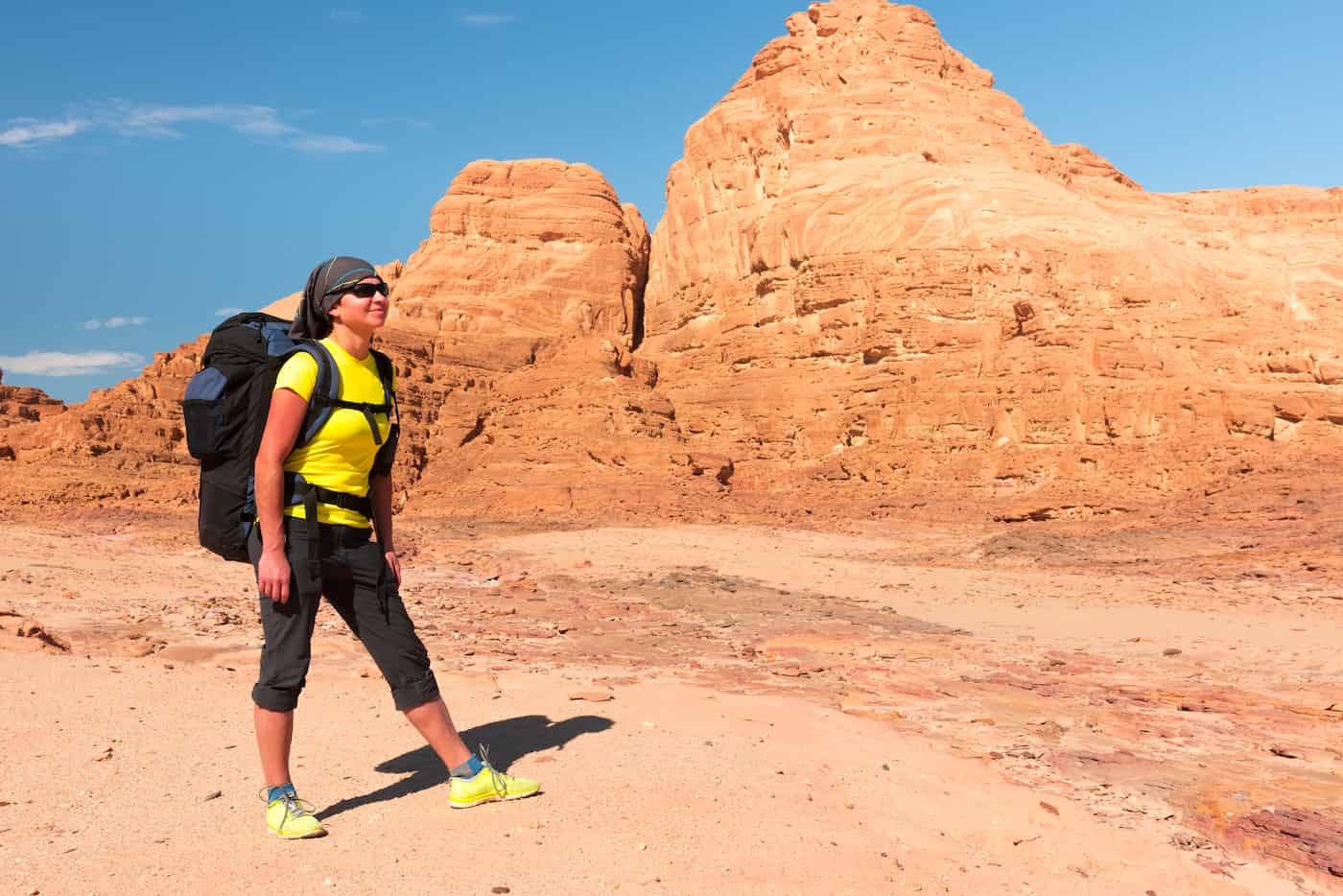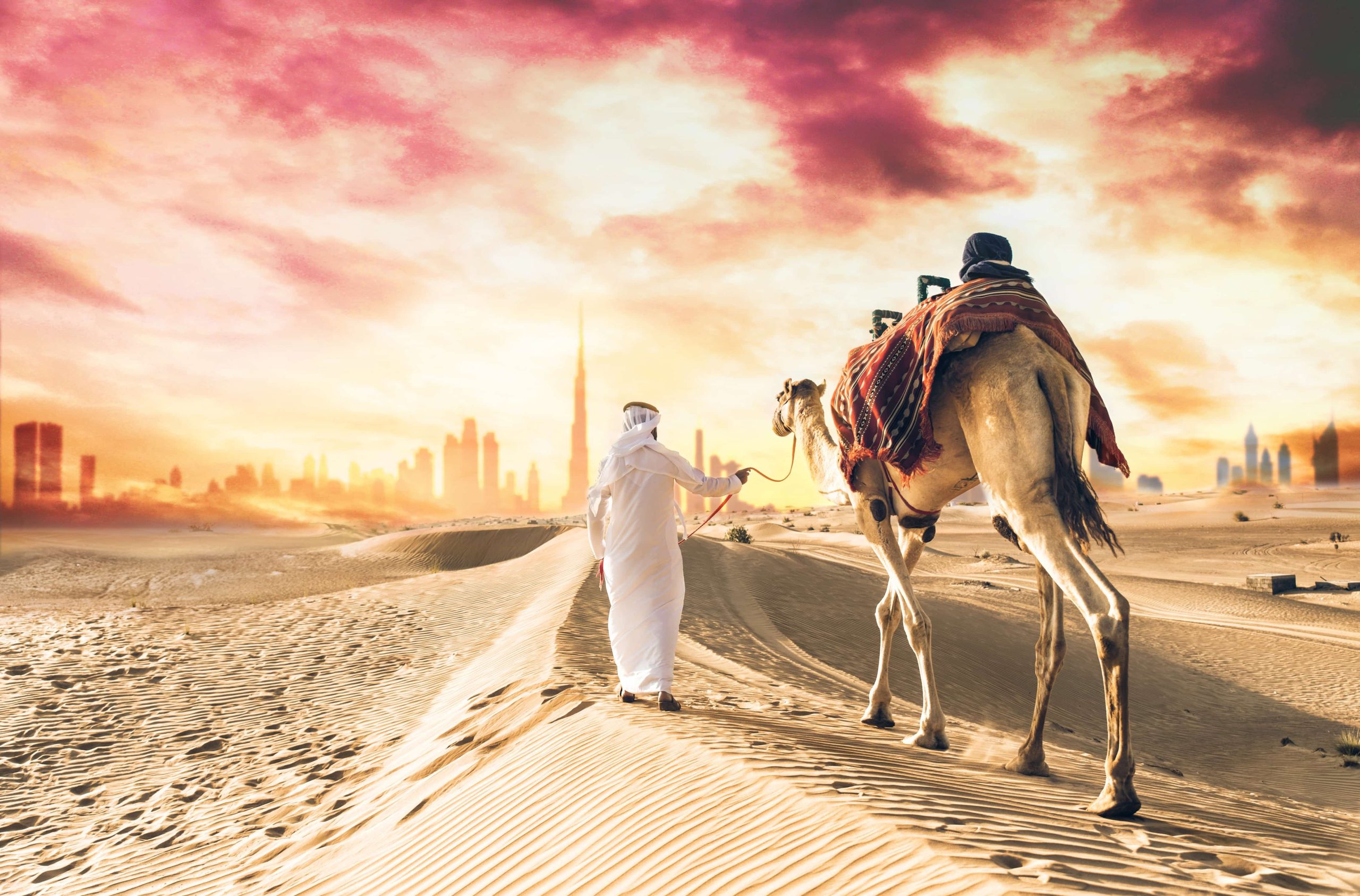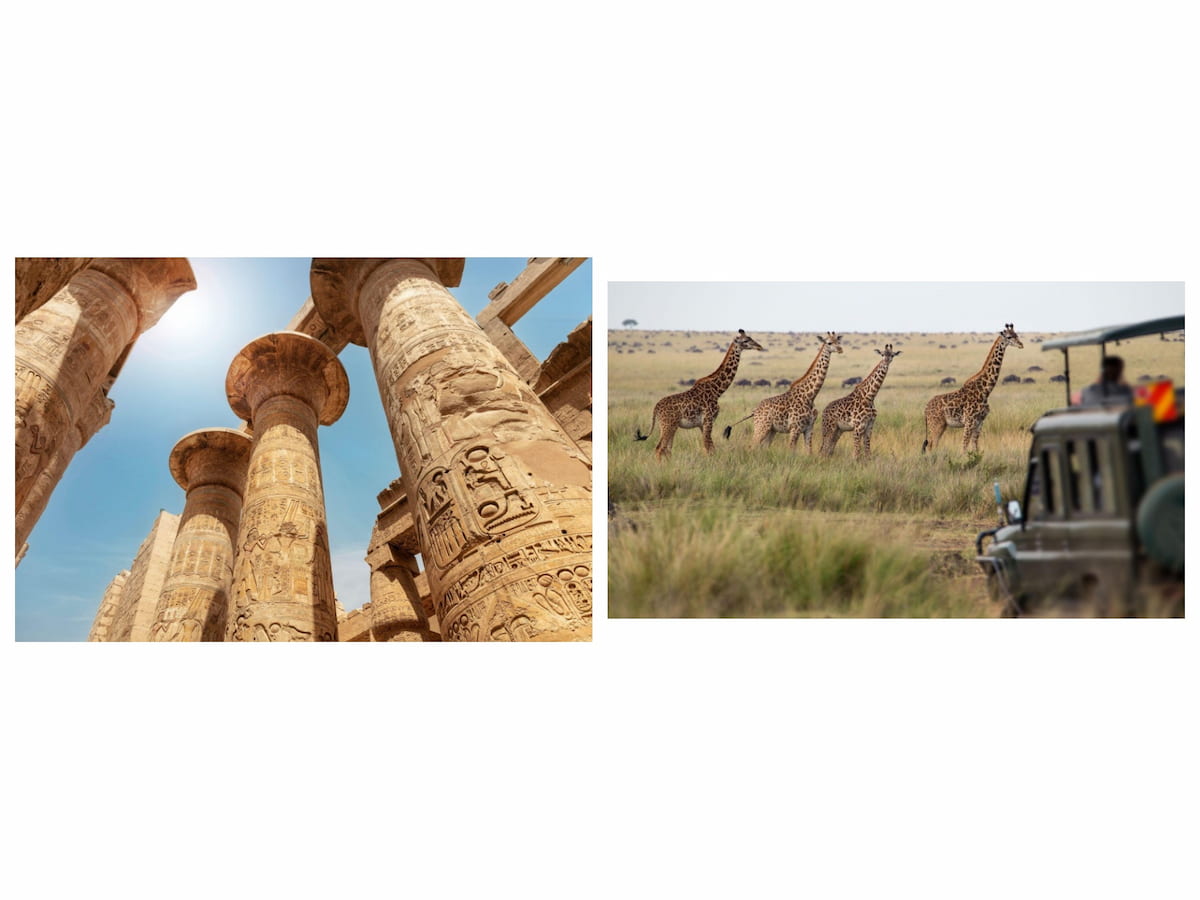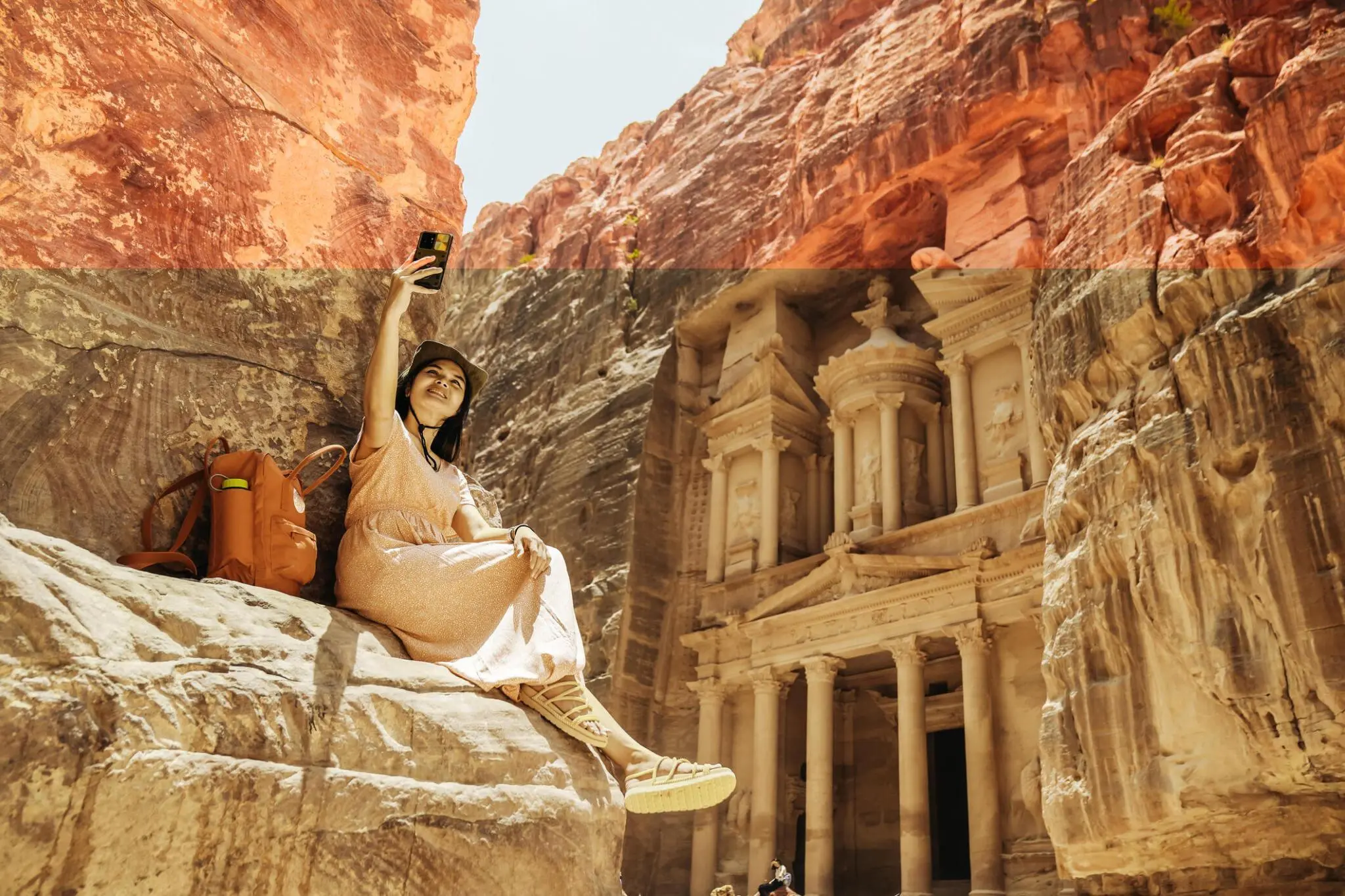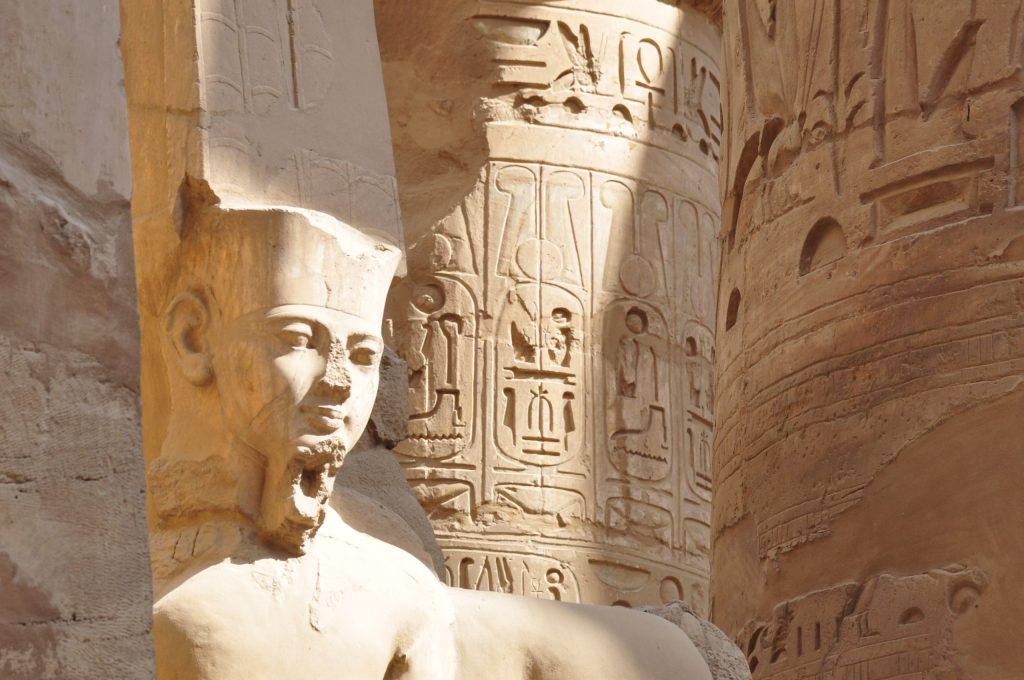What is The Egyptian God Called?
1The Gods of Ancient Egypt: Powerful Beings Behind Every Part of Life
The gods of Ancient Egypt represented the heart, consisting of the people’s daily lives, beliefs, and customs. Furthermore, the Egyptians believed in many gods and goddesses, each holding a very specific power in existence: some controlled the sun, floods, or death, while others were guardians of love, family, or even justice. Additionally, these mighty beings were no fabrications but truly respected, and their presence permeated every aspect of life-from homes and temples to festivals and funerals.
Each god had several associations: names, symbols, and often sacred animals. Moreover, the gods were prayed to, asked for favors, and offered sacrifices, and huge temples were raised for their worship. Besides, the gods were believed to interfere in human existence, keep nature safe, and assist souls in their journey to the afterlife. For thousands of years, they have been the focus of the Egyptians-the ones who saw and worshipped them.
Understanding the Gods of Ancient Egypt
The Ancient Egyptians believed in many gods and goddesses, and each one had a special function. Some gods governed the sun, the rains, and the Nile. Others looked after human health or love, or they helped their charges in the afterlife. These gods were a very large part of daily life, and people judged that being able to keep the gods happy would grant them peace and well-being.
Each god had his name, symbol, and sometimes an animal form. For example, Ra was the sun god with the head of a falcon, and Anubis was the god of death with a jackal head. They built temples for the gods, made food offerings to them, and prayed to them. Inside the temples, only priests could enter the most sacred chambers, but outside, everybody expressed their respect in some way.
The gods were more than the mere concept of the Ancient Religion of Egypt; they were a way through which Egyptians accounted for the world, such as explaining why the sun rises or why people die. Comprehending these gods enables one to see just how religion very much influenced their culture, values, and daily life.
What Were the Egyptian Gods Called?
The Egyptian gods had special names that explained their powers and roles in the world. Every god and goddess had a name by which humans knew, respected, and vocalized in prayers and rituals. Moreover, some of the highly famous names were Ra sun god; the god of the afterlife; Isis, the goddess of magic and motherhood; and Horus, the god of the sky. Anubis was also important and was known as the god of the dead, while Thoth was the god of writing and wisdom, and Bastet was the goddess of home and cats.
Often, the gods’ names came from what they did or how they appeared. For instance, Ma’at means truth and balance, and she stood for justice in the world. Set was the god of chaos and storms, and his name reflected his wild nature.
Their names were written in hieroglyphs on temple walls, tomb walls, and on scrolls. These names were proclaimed throughout ceremonies to call upon the gods for help, protection, or guidance. Being able to call their names was a way in which people felt close to the gods. And showed them respect.
Names and Roles of Ancient Egyptian Gods
Ancient Egyptians worshiped 1,500 gods and goddesses, each with a separate name and function. Moreover, some gods govern nature: the sun, the sky, or the Nile. Furthermore, others escort men in death, inspire love, bring about war, or guide to wisdom. Each god carried a particular task to help maintain the balance of the world.
For example, Ra was the sun god of great power and light, and life for the Earth. Osiris was the Lord of the Dead and judged the souls of the departed. His wife, Isis, was the goddess of magic, healing, and motherhood. Their son, Horus, was the god of the sky and protector of the Pharaoh. Anubis was the god of embalming and the protector of souls in their journey to the afterlife. Thoth was the god of writing and wisdom, and Ma’at embodied truth and justice.
Such gods were usually pictured with animal heads, from a falcon to a jackal, and even a cat to signify their power. Egyptians prayed to the gods, built temples for them, or offered them food daily. Lastly, the knowledge of the names and functions of the gods enabled people to feel close to them and follow their day-to-day beliefs.

